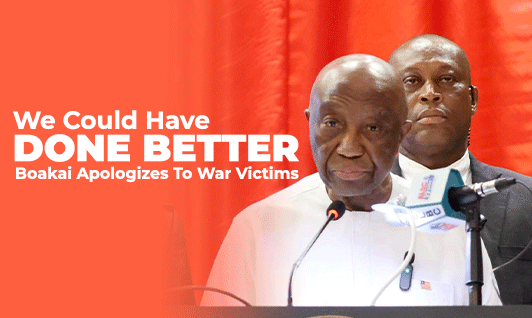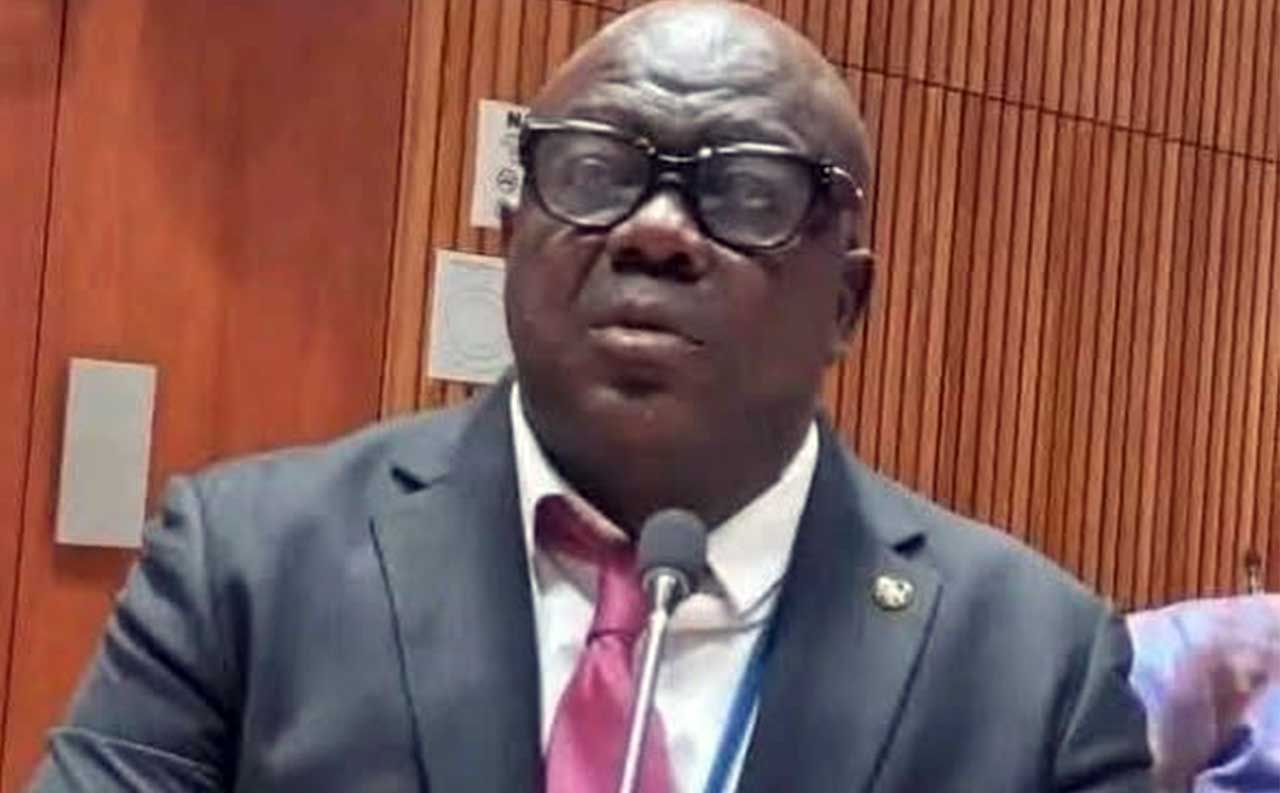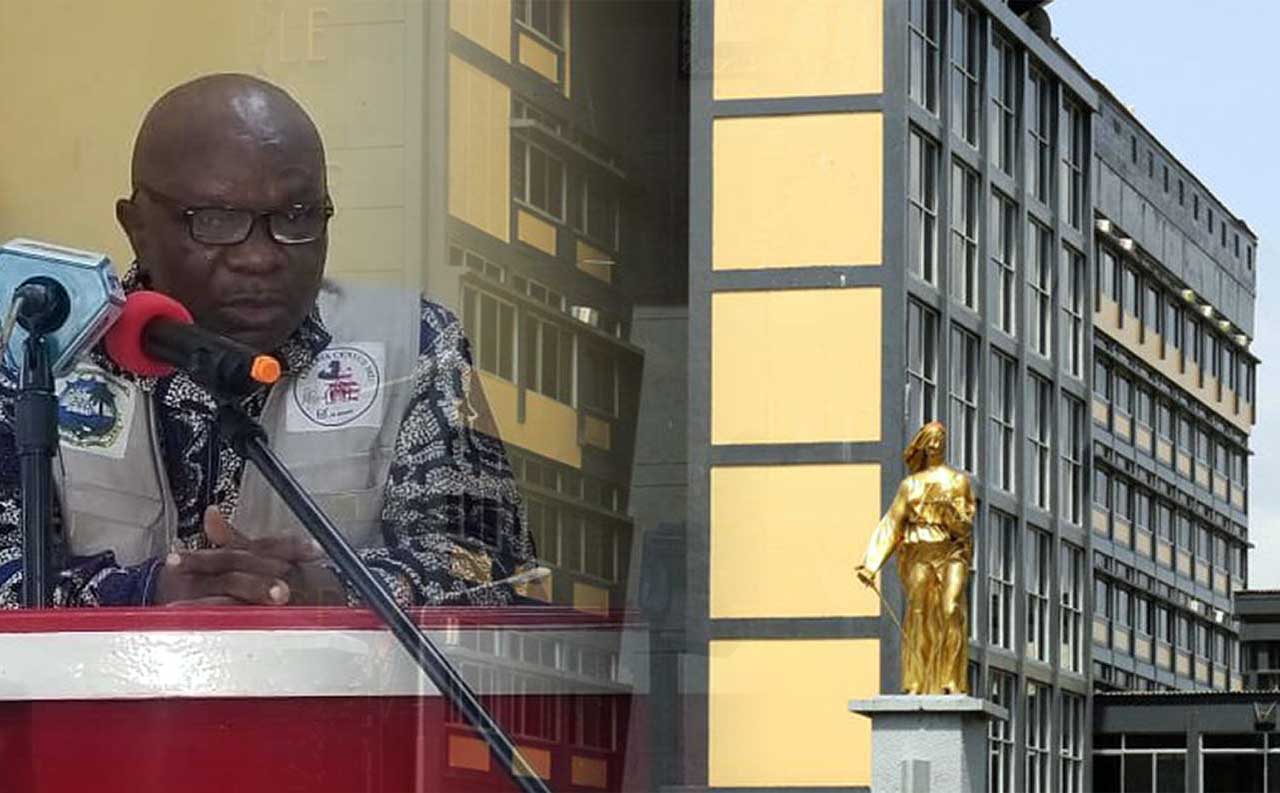President Joseph N. Boakai has underscored the importance of reconciliation in Liberia, emphasizing that it should not be merely a concept passed down through generations, but a practice that is actively lived, shared, and embraced by all citizens.
Speaking on Saturday, July 5, 2025, at the National Reconciliation, Healing, and Unity Program held at the EJS Ministerial Complex in Congo Town, President Boakai noted that for too long, many citizens have silently carried their pain, with little opportunity for dialogue or closure.
He described the gathering as a profound opportunity for the nation to reflect on its soul, not only to remember the past but to recommit to a future defined by reconciliation, healing, and a Liberia where unity, dignity, and justice are lived realities, not just ideals.
By collectively acknowledging the past, he asserted that citizens can begin the journey of national restoration. The event was open to the public, ensuring that no Liberian would be left behind in the process of remembrance and reconciliation.
“This event follows the national recognition and honoring of two former Presidents of Liberia, William R. Tolbert Jr. and Samuel K. Doe, whose tragic deaths symbolize a painful chapter in our history,” he remarked. President Boakai believes that by honoring their memory, Liberians can recognize an entire generation affected by loss and national trauma.
“Since the guns fell silent in 2003, Liberia has traveled a long and arduous path. It has been a determined journey. We have endeavored to rebuild from the ashes and ruins. We have repaired roads and schools, but our greatest challenge has been rebuilding trust, restoring faith, and reconnecting communities,” he said.
He urged citizens to pause and remember the countless sons and daughters who never returned home, the mothers who buried children too soon, family members still searching for answers, and children who grew up in refugee camps and makeshift schools, only playing outside when the gunfire ceased.
The president noted that hardly any Liberian family has escaped the pain, violence, and injustice that have plagued the nation. “From the dark legacy of slavery to the struggles of our founding, to the deep-rooted issues of our country and the chaos of civil war, we have all endured losses—be it a loved one, a home, a sense of safety, or a cherished dream,” Boakai expressed.
These wounds, he continued, are not distant memories; they remain with us. While the horror stories may have shaped our lives, they must not define us. Instead, these painful memories should guide our healing and how we choose to live. “Ladies and gentlemen, as your President and as a fellow Liberian, I offer a formal apology today, on this historic occasion, on behalf of the State to every victim of our civil conflict, to every broken family, to every shattered dream. We say: We are sorry. The State could have done better, but it was used as an instrument of conflict. Now, we are here, and we must do everything we can to ensure it never fails you again,” he stated.
However, he cautioned that the apology must be accompanied by action. He committed his government to implementing key recommendations from the Truth and Reconciliation Commission. President Boakai added that the government would revive the National History Project to create a comprehensive and inclusive history of Liberia that reflects its diversity. This includes establishing a National Memorial to honor the victims of the conflict, including the over 250,000 who lost their lives, to ensure such violence never recurs and to preserve the TRC archives as a testament to our national conscience and collective memory.
The Liberian leader emphasized that reconciliation is not just an event; it is a mindset, a journey, and a shared responsibility. “Let us make reconciliation not just a slogan, but a standard by which we govern and live,” he urged.



